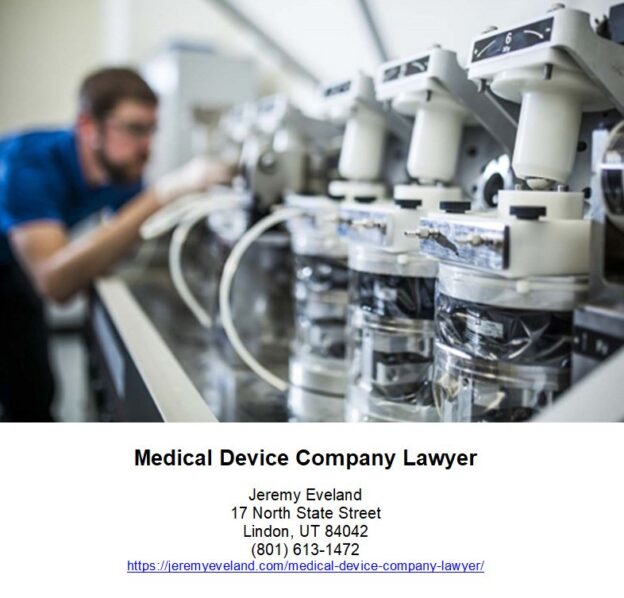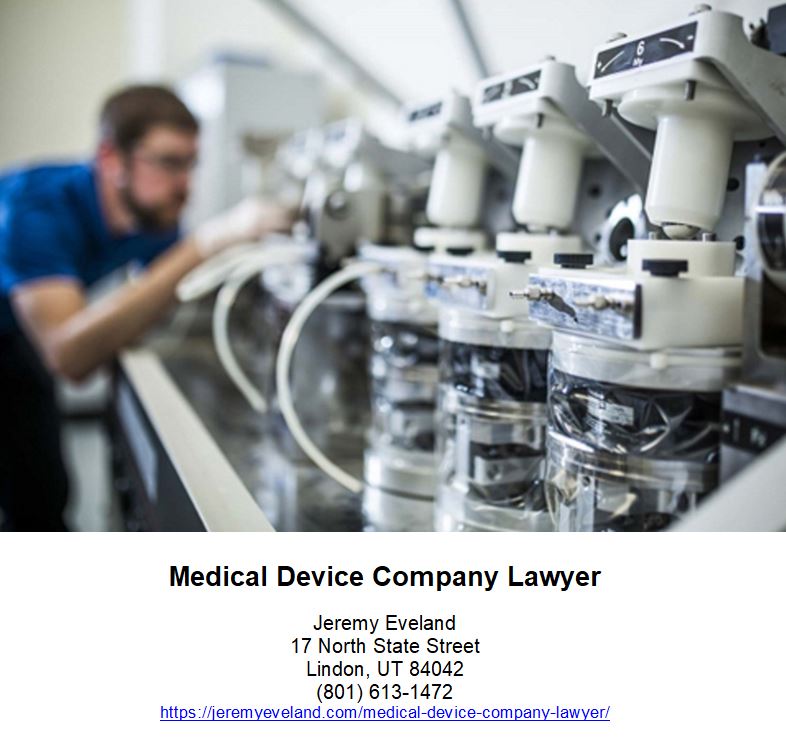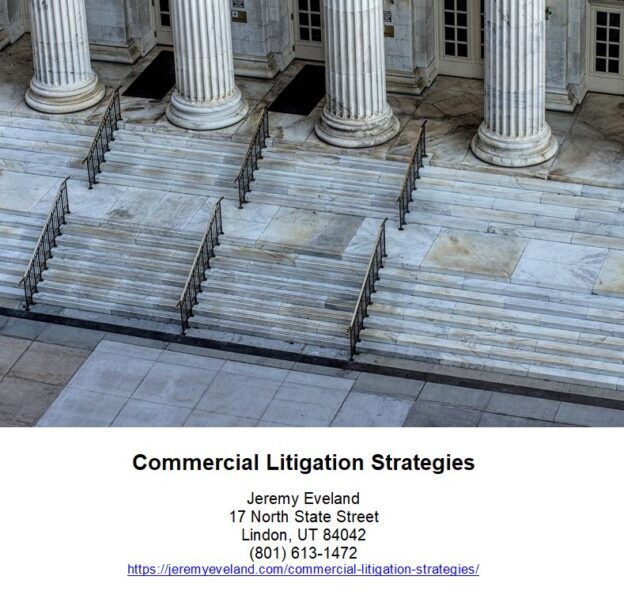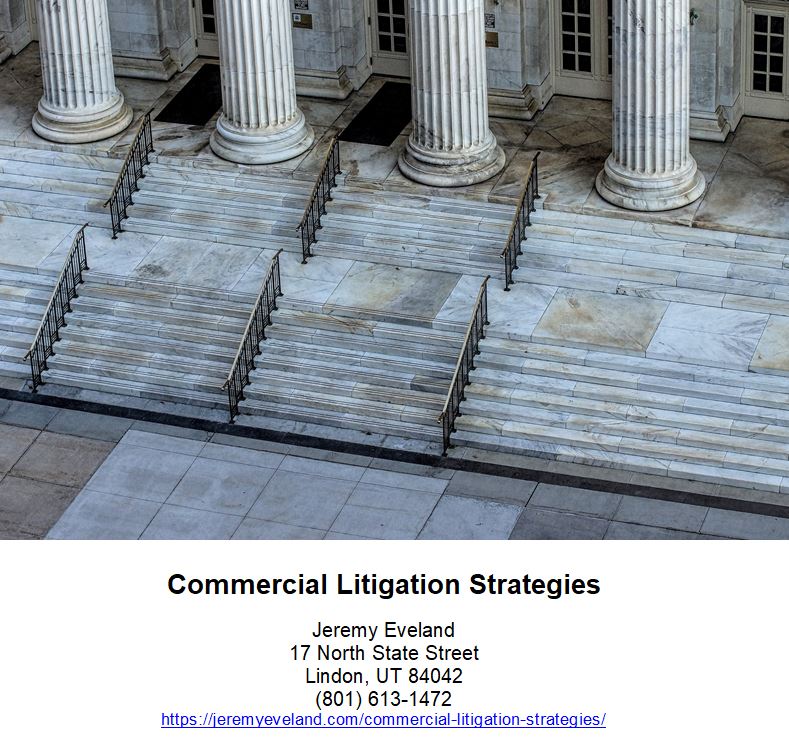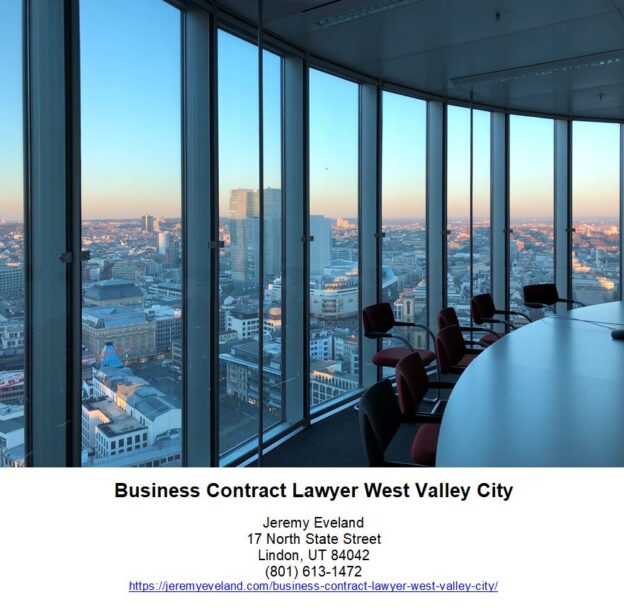-
Table of Contents
- What It Takes to Become a Successful Corporate Attorney in Orem, Utah
- The Benefits of Working with a Corporate Attorney in Orem, Utah
- How to Choose the Right Corporate Attorney for Your Business in Orem, Utah
- The Role of a Corporate Attorney in Business Law and Commercial Law
- Understanding the Legal Issues Faced by Business Owners in Orem, Utah
What It Takes to Become a Successful Corporate Attorney in Orem, Utah
Becoming a successful corporate attorney in Orem, Utah requires a combination of education, experience, and dedication. To begin, aspiring corporate attorneys must obtain a Juris Doctor (JD) degree from an accredited law school. After graduating from law school, individuals must pass the Utah Bar Exam to become licensed to practice law in the state.
Once licensed, corporate attorneys must gain experience in the field. This can be done through internships, clerkships, or working as an associate in a law firm. Corporate attorneys should also become familiar with the laws and regulations that govern businesses in Utah.
In addition to education and experience, corporate attorneys must possess certain skills and qualities to be successful. These include strong analytical and problem-solving skills, excellent communication and interpersonal skills, and the ability to think strategically. Corporate attorneys must also be able to work independently and as part of a team.
Finally, corporate attorneys must be dedicated to their profession. This means staying up-to-date on the latest legal developments, attending continuing education courses, and networking with other attorneys.
By combining the right education, experience, and dedication, corporate attorneys in Orem, Utah can become successful in their field.
The Benefits of Working with a Corporate Attorney in Orem, Utah
Working with a corporate attorney in Orem, Utah can provide a number of benefits to businesses of all sizes. A corporate attorney can provide legal advice and guidance on a variety of matters, from business formation and contracts to mergers and acquisitions. They can also help protect a business’s interests in the event of a dispute or litigation.
When forming a business, a corporate attorney can help ensure that the business is properly structured and that all necessary documents are in place. They can also provide advice on the best type of entity to form, such as a corporation, limited liability company, or partnership. Additionally, they can help draft contracts and other legal documents, such as employment agreements, leases, and vendor agreements.
A corporate attorney can also provide guidance on mergers and acquisitions. They can help review and negotiate the terms of the transaction, as well as draft the necessary documents. They can also provide advice on the tax implications of the transaction and help ensure that the transaction is compliant with applicable laws and regulations.
In the event of a dispute or litigation, a corporate attorney can provide invaluable assistance. They can help review the facts of the case and provide advice on the best course of action. They can also represent the business in court and help ensure that the business’s interests are protected.
Overall, working with a corporate attorney in Orem, Utah can provide a number of benefits to businesses of all sizes. They can provide legal advice and guidance on a variety of matters, from business formation and contracts to mergers and acquisitions. They can also help protect a business’s interests in the event of a dispute or litigation. For these reasons, businesses should strongly consider working with a corporate attorney in Orem, Utah.
How to Choose the Right Corporate Attorney for Your Business in Orem, Utah
When it comes to choosing the right corporate attorney for your business in Orem, Utah, it is important to take the time to find the right fit. A corporate attorney can provide invaluable legal advice and guidance to help your business succeed. Here are some tips to help you find the right corporate attorney for your business in Orem, Utah:
1. Research: Take the time to research corporate attorneys in Orem, Utah. Look for attorneys who specialize in corporate law and have experience in the area of business you are in. Check out their websites and read reviews from past clients to get an idea of their experience and expertise.
2. Interview: Once you have narrowed down your list of potential corporate attorneys, it is important to interview them. Ask questions about their experience, their fees, and their approach to corporate law. This will help you get a better understanding of their qualifications and how they can help your business.
3. References: Ask for references from past clients. This will give you an idea of how the attorney has worked with other businesses and how they have handled their cases.
4. Fees: Make sure to discuss fees upfront. Ask about their hourly rate and any other fees they may charge.
By taking the time to research, interview, and ask for references, you can find the right corporate attorney for your business in Orem, Utah. With the right attorney on your side, you can ensure that your business is protected and that you are making the best decisions for your business.
The Role of a Corporate Attorney in Business Law and Commercial Law
A corporate attorney plays a vital role in business law and commercial law. Corporate attorneys are responsible for providing legal advice and guidance to businesses and organizations on a variety of matters. They are responsible for ensuring that the business is in compliance with all applicable laws and regulations.
In business law, corporate attorneys are responsible for drafting and negotiating contracts, advising on corporate governance matters, and providing legal advice on mergers and acquisitions. They also provide advice on intellectual property matters, such as trademarks, copyrights, and patents. Corporate attorneys are also responsible for providing legal advice on corporate finance, including securities offerings, venture capital investments, and other financing transactions.
In commercial law, corporate attorneys are responsible for providing legal advice on a variety of matters, including contract disputes, business torts, and other commercial litigation. They also provide advice on the formation of business entities, such as corporations, limited liability companies, and partnerships. Corporate attorneys are also responsible for providing legal advice on the purchase and sale of businesses, as well as the negotiation of commercial leases.
Overall, corporate attorneys play a vital role in business law and commercial law. They are responsible for providing legal advice and guidance to businesses and organizations on a variety of matters. They are also responsible for ensuring that the business is in compliance with all applicable laws and regulations.
Understanding the Legal Issues Faced by Business Owners in Orem, Utah
Business owners in Orem, Utah face a variety of legal issues. These issues range from contract disputes to employment law to intellectual property rights. It is important for business owners to understand the legal issues they may face in order to protect their business and ensure compliance with the law.
Contract Disputes
Contract disputes are a common legal issue faced by business owners in Orem, Utah. A contract dispute occurs when one or both parties to a contract fail to fulfill their obligations under the contract. This can lead to costly litigation and can have a significant impact on a business’s bottom line. Business owners should ensure that all contracts are properly drafted and reviewed by an experienced attorney to avoid potential disputes.
Employment Law
Business owners in Orem, Utah must also be aware of the various employment laws that apply to their business. These laws include the Fair Labor Standards Act, the Family and Medical Leave Act, and the Americans with Disabilities Act. Business owners must ensure that they are in compliance with these laws to avoid potential liability.
Intellectual Property Rights
Business owners in Orem, Utah must also be aware of their intellectual property rights. These rights include copyrights, trademarks, and patents. Business owners should ensure that they are properly protecting their intellectual property rights to avoid potential infringement claims.
These are just a few of the legal issues that business owners in Orem, Utah may face. It is important for business owners to understand the legal issues they may face in order to protect their business and ensure compliance with the law. An experienced attorney can help business owners understand their legal rights and obligations and ensure that their business is in compliance with the law.
Areas We Serve
We serve individuals and businesses in the following locations:
Salt Lake City Utah
West Valley City Utah
Provo Utah
West Jordan Utah
Orem Utah
Sandy Utah
Ogden Utah
St. George Utah
Layton Utah
South Jordan Utah
Lehi Utah
Millcreek Utah
Taylorsville Utah
Logan Utah
Murray Utah
Draper Utah
Bountiful Utah
Riverton Utah
Herriman Utah
Spanish Fork Utah
Roy Utah
Pleasant Grove Utah
Kearns Utah
Tooele Utah
Cottonwood Heights Utah
Midvale Utah
Springville Utah
Eagle Mountain Utah
Cedar City Utah
Kaysville Utah
Clearfield Utah
Holladay Utah
American Fork Utah
Syracuse Utah
Saratoga Springs Utah
Magna Utah
Washington Utah
South Salt Lake Utah
Farmington Utah
Clinton Utah
North Salt Lake Utah
Payson Utah
North Ogden Utah
Brigham City Utah
Highland Utah
Centerville Utah
Hurricane Utah
South Ogden Utah
Heber Utah
West Haven Utah
Bluffdale Utah
Santaquin Utah
Smithfield Utah
Woods Cross Utah
Grantsville Utah
Lindon Utah
North Logan Utah
West Point Utah
Vernal Utah
Alpine Utah
Cedar Hills Utah
Pleasant View Utah
Mapleton Utah
Stansbury Par Utah
Washington Terrace Utah
Riverdale Utah
Hooper Utah
Tremonton Utah
Ivins Utah
Park City Utah
Price Utah
Hyrum Utah
Summit Park Utah
Salem Utah
Richfield Utah
Santa Clara Utah
Providence Utah
South Weber Utah
Vineyard Utah
Ephraim Utah
Roosevelt Utah
Farr West Utah
Plain City Utah
Nibley Utah
Enoch Utah
Harrisville Utah
Snyderville Utah
Fruit Heights Utah
Nephi Utah
White City Utah
West Bountiful Utah
Sunset Utah
Moab Utah
Midway Utah
Perry Utah
Kanab Utah
Hyde Park Utah
Silver Summit Utah
La Verkin Utah
Morgan Utah
Corporate Attorney Orem Utah Consultation
When you need help from a Corporate Attorney in Orem Utah call Jeremy D. Eveland, MBA, JD (801) 613-1472 for a consultation.
Jeremy Eveland
17 North State Street
Lindon UT 84042
(801) 613-1472
Related Posts
Business Lawyer West Valley City Utah
Business Succession Lawyer Eagle Mountain Utah
Estate Planning Lawyer West Jordan Utah
Business Acquisition Lawyer Sandy Utah
Estate Planning Lawyer Orem Utah
Legal Requirements To Form A Trust
[geocentric_weather id=”fc15bdb1-6bb4-44ef-a8fb-37e8effdd9db”]
[geocentric_about id=”fc15bdb1-6bb4-44ef-a8fb-37e8effdd9db”]
[geocentric_neighborhoods id=”fc15bdb1-6bb4-44ef-a8fb-37e8effdd9db”]
[geocentric_thingstodo id=”fc15bdb1-6bb4-44ef-a8fb-37e8effdd9db”]
[geocentric_busstops id=”fc15bdb1-6bb4-44ef-a8fb-37e8effdd9db”]
[geocentric_mapembed id=”fc15bdb1-6bb4-44ef-a8fb-37e8effdd9db”]
[geocentric_drivingdirections id=”fc15bdb1-6bb4-44ef-a8fb-37e8effdd9db”]
[geocentric_reviews id=”fc15bdb1-6bb4-44ef-a8fb-37e8effdd9db”]




